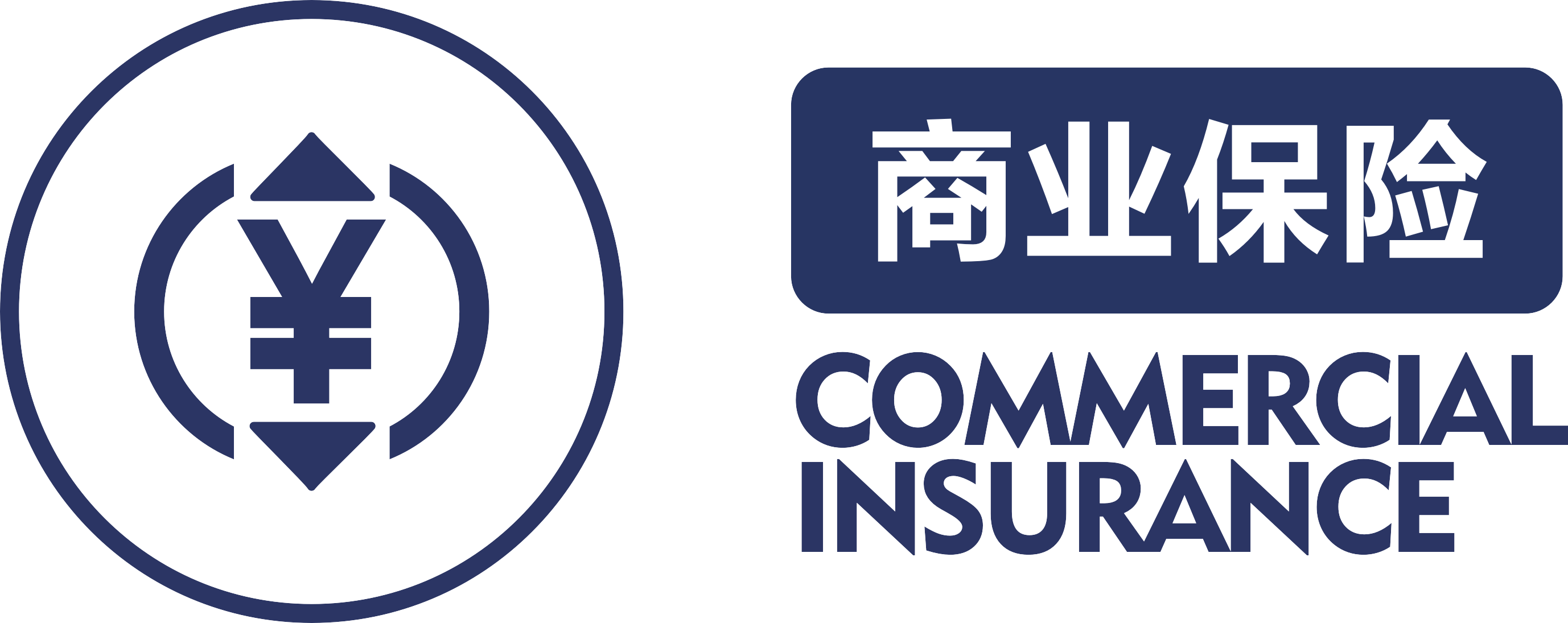
Business insurance, known in English as Commercial Insurance or Business Insurance, is a generic term that covers many different types of insurance, such as public liability insurance, employers' liability insurance and professional indemnity insurance. These types of policies can protect you and your business from claims arising from loss, injury or even death. The main types of business insurance are as follows.
- Businessowners policy (BOP) is a combination of general liability and commercial property insurance in one policy. This type of insurance is generally more affordable, includes important claims coverage, and can be tailored to the needs of the industry and business, making it more suitable for small and medium-sized businesses. In addition, when micro and small businesses apply for loans, banks or lenders often require businesses and merchants to purchase business owners insurance. However, this type of insurance does not include professional liability, auto insurance, or workers' compensation insurance.
- Commercial property insurance protects the tangible assets of a company or business. It covers the theft, breakage or destruction of a company's building and all of its contents, whether owned or leased, due to fire, theft, vandalism or acts of God. If you don't have commercial property insurance, your business (especially micro and small businesses and startups) will likely be at risk of going out of business if you encounter an unexpected situation like the recent one.
- General liability insurance is a type of insurance that provides coverage in the event of a claim for liability arising out of a product at the place of business or company. This type of insurance protects the company against claims for bodily injury, damage to property, personal or advertising injury caused by the company's operations.
- As we all know, California labor laws are very strict and rigorous, and employers who fail to do their part may face claims and lawsuits from their employees, such as racial discrimination, sexual harassment, etc. Employment practices liability insurance is designed to protect employers from lawsuits by hiring a team of professional lawyers to handle the lawsuits and provide compensation for different incidents.
- Professional liability insurance (PLI), also known as errors and omissions insurance, covers lawsuits for professional negligence, failure to meet client expectations, and errors made by professionals, such as PLI insurance covers the cost of legal proceedings, attorney's fees, and settlement and indemnity costs incurred by the business or enterprise.
- Umbrella and excess liability is an additional layer of protection for businesses by providing a higher limit of coverage on top of the basic insurance. Generally, excess liability coverage can only be added to a primary policy and is only effective when the maximum limits of the primary policy are reached. For example, your general liability coverage is $500,000, but someone is seeking $1.2 million in damages from you in a lawsuit. Since the claim exceeds the amount covered by your general liability insurance, the excess amount would have to be borne by you. However, if you have excess liability coverage attached to your general liability insurance, it will pay for the excess. However, it is important to note that excess liability insurance is more restrictive and the scope of protection is no different from the basic insurance.
- Cyber liability insurance is a policy that protects businesses in the event of a data breach or theft. Regardless of company size, businesses that accept credit cards, maintain customer data (including customer names, email addresses, bank account numbers, social security numbers, or driver's license message numbers), or conduct online transactions are exposed to cyber liability risk. For example, your firm runs a law firm that leaks client messages and confidential case data separately due to problems with its computer system. Your clients may take you to court because their personal data has been compromised or confidential case information has been leaked. To reduce the risk of a data breach leading to court and claims, you need cyber liability insurance to cover the expenses of restoring your business operations, attorney fees alone.
Workers' compensation insurance (comp) provides benefits and claims for employees who are injured or become ill on the job. This type of insurance can be used for medical bills, hospitalization and rehabilitation expenses, lost wages during treatment, etc., as well as for death and funeral needs. Most states in the United States require employers to purchase this type of insurance when they hire their first employee. However, each state has different requirements for workers' compensation insurance depending on the industry, size of the business, location of the business, etc. and wages.








